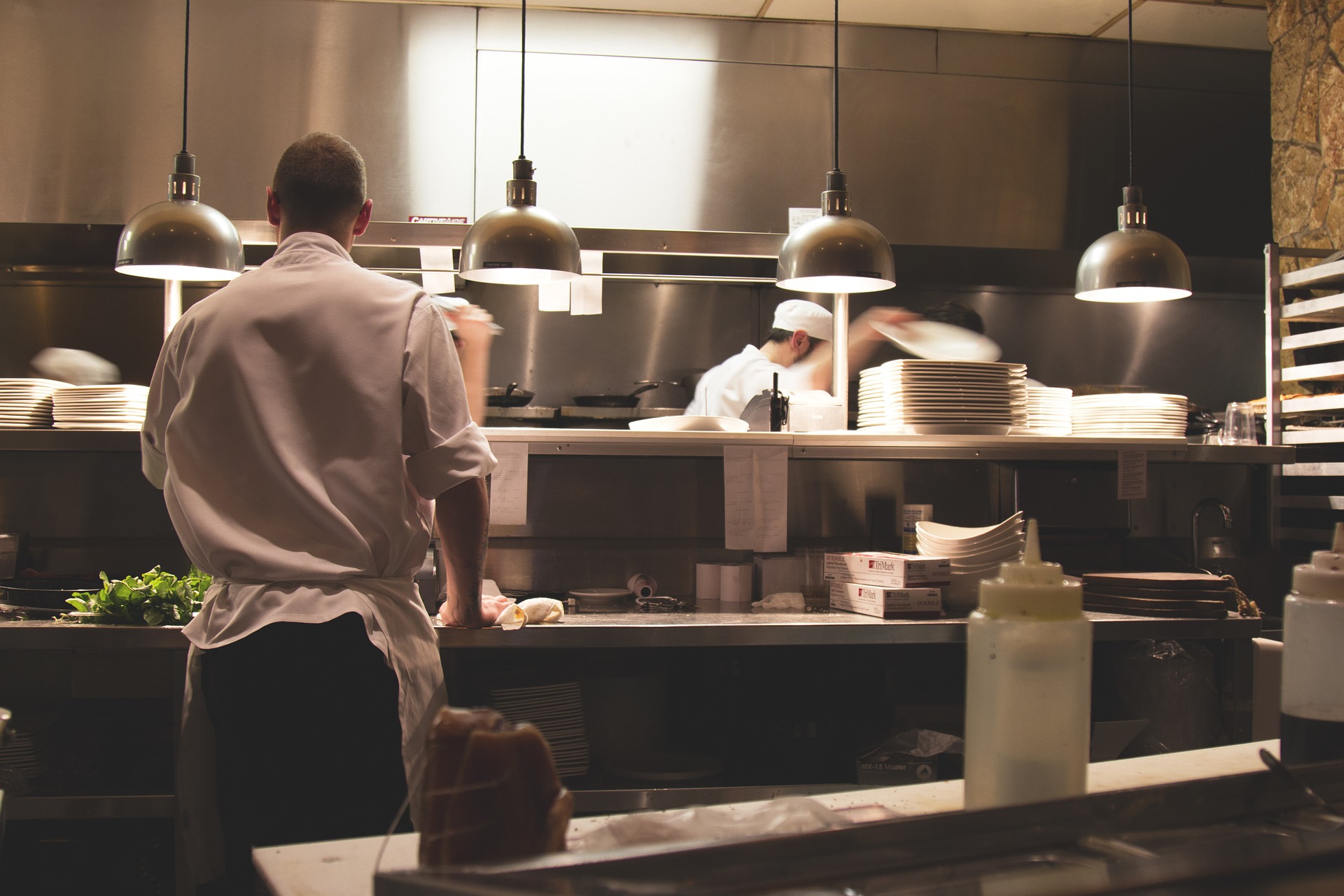Allergic reactions to food are not only extremely dangerous to customers with severe allergies, but can also be detrimental to a restaurant’s brand and credibility. Severe allergen cases have the potential to result in legal action against the restaurant, ending with large fines or even criminal convictions for the staff involved. However, simple steps can be implemented into any size business to prevent this from happening and help to improve safety for customers.
It is estimated that in the UK around 2 million people live with some kind of food allergy, and that on average there are 10 fatalities each year caused by allergic reactions. With these numbers in mind it is crucial for restaurants to be exceptionally vigilant regarding information about their allergenic ingredients. Ensuring that your menus are clear and that your staff are well trained in allergen safety are two fundamental factors to avoiding an allergic reaction.
Although cases of the restaurant being entirely to blame do exist, it is important to understand that preventing an allergic reaction is also dependent upon the communication between the customer and the restaurant staff. This being said, verbal communication is not always most effective.
In order to protect your restaurant legally, it is helpful to provide clear and concise written allergen information, so customers feel more at ease when making their choices. You should also consider adding a note on your menus asking customers to make staff aware of any allergies so that they can be appropriately catered for. It is equally important to ensure that information is effectively communicated from the front of house staff to the kitchen, ensuring the food is prepared in line with the customers’ requirements.
Check out the key steps in an allergen control plan to help prevent an incident.
So what can you do to reduce allergic reactions? … Revisit your menus
Make sure that you have ways of demonstrating the allergens on your menu. This could be in the form of icons to indicate gluten or soy, or simple, straightforward text written next to the dish on the menu. Whichever method you choose, it’s important to make sure this information is easy to understand for the staff and customer.
Reprinting of the menus might seem like a pricey option, so to save reprinting all of the menus, just print a few special menus with the necessary allergen information. This way if a diner comes in with allergies, you and your staff are prepared and can provide them with the specific menu they need to make the correct choice.
If you’re looking for digital options – Hubl’s food allergen management solution is just the thing. Designed by food-safety professionals, the interactive, smart Hubl app allows you to effortlessly organise, track and manage allergen ingredients in your menu.

Keep up to date and train your staff
Implementing an efficient system to ensure that allergen information is updated in real time is crucial so that the information provided to customers is always accurate. This could be something as simple as spreadsheet that is updated when necessary. Keeping your allergen folders updated also sets a precedent for employees to follow. Demonstrating vigilant procedures when it comes to allergens will demonstrate to your employees how important it is to your business.

